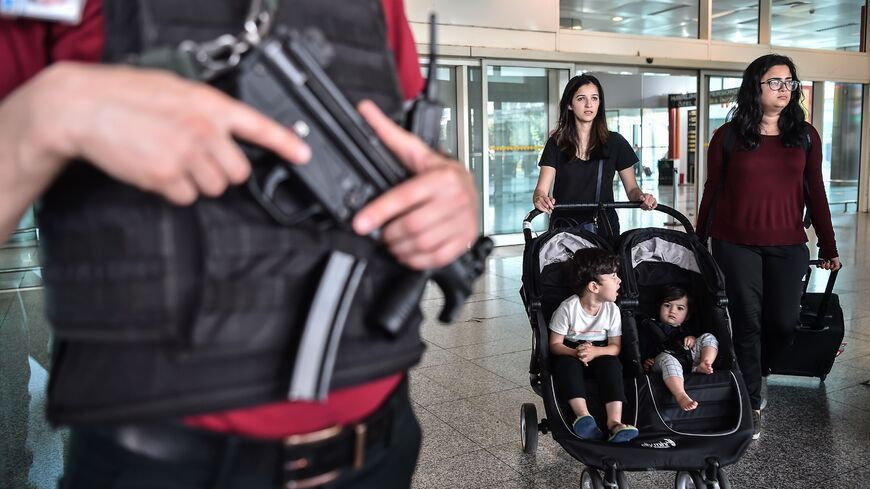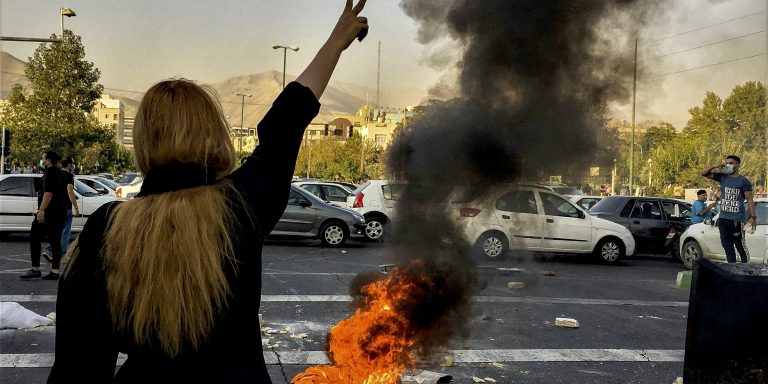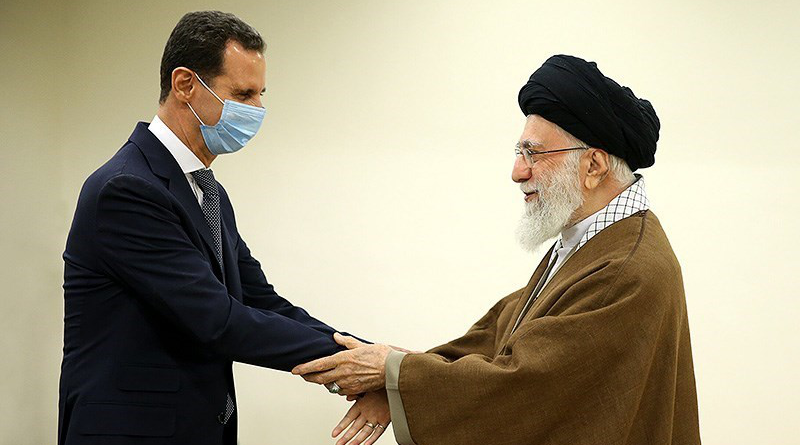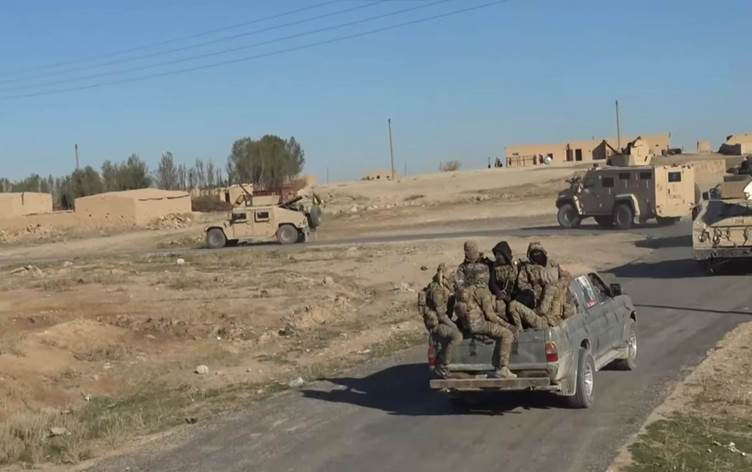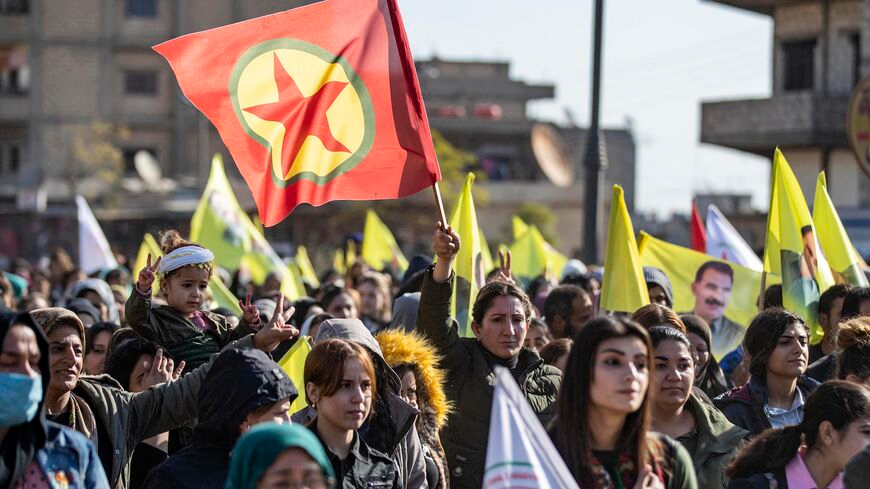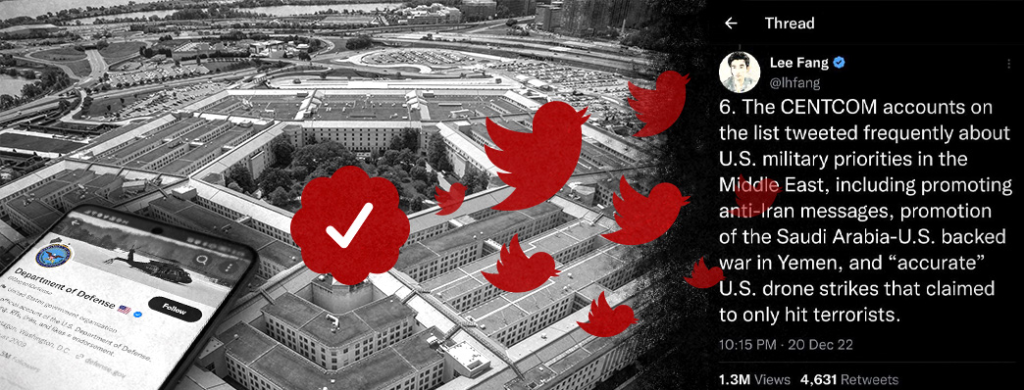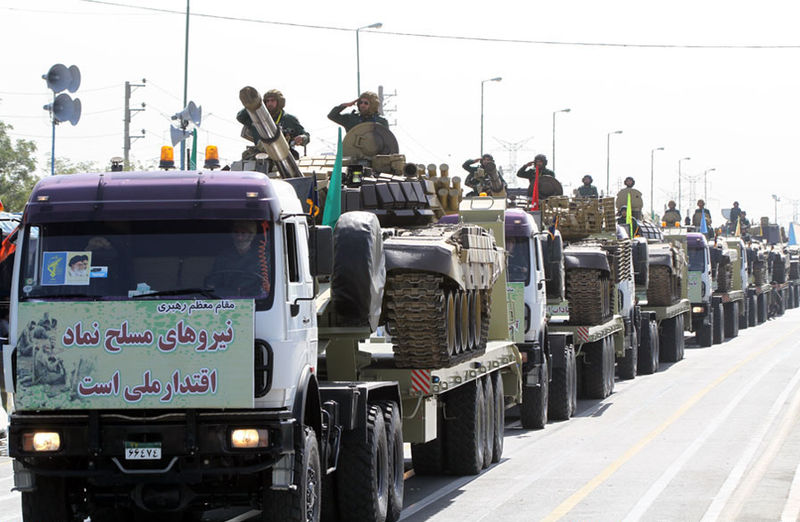Иран вынужден торпедировать турецко-британско-израильскую конструкцию на Южном Кавказе
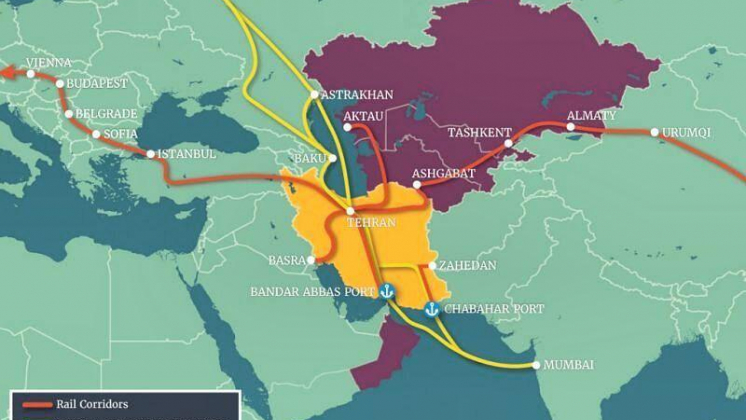
Исмаил Шабанов
Уже сейчас иранцы видят, что вырисовываются конкретные угрозы в отношении их государственных интересов. Стремление Турции прибрать все три страны региона под свой контроль, чревато последствиями для Ирана. Это усиленно маскируется под разные формулы сотрудничества, но иранцы понимают, как в перспективе будет складываться ситуация. Они, в свою очередь, готовятся к разным сценариям. Вместе с тем, Иран заинтересован в выстраивании хороших отношений со всеми странами Закавказья, в том числе и с Азербайджаном, и с Грузией. Но учитывая то, что Азербайджан все эти годы вел в отношении Ирана политику с двойным дном, находясь под неоспоримым влиянием Израиля, Турции и Великобритании, иранцам стратегически важно иметь хорошие и тесные отношения с Арменией. И если уже и Турция вместе с Азербайджаном стремятся ворваться в стратегические сферы жизни армянского государства, то Ирану сам Бог велел не отставать, а опережать. Иран является тем государством, который может изменить расклад в регионе. Армения может сыграть в этом не последнюю роль.

